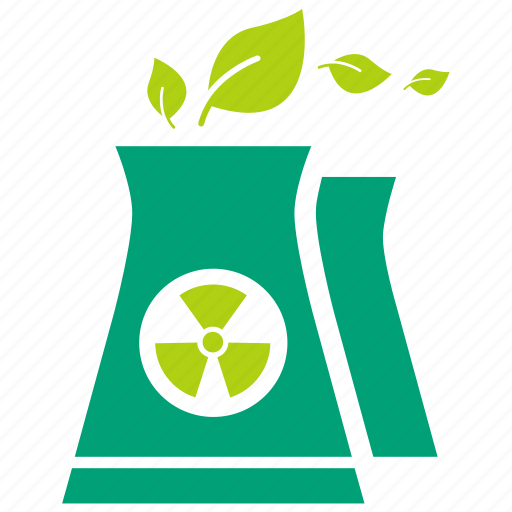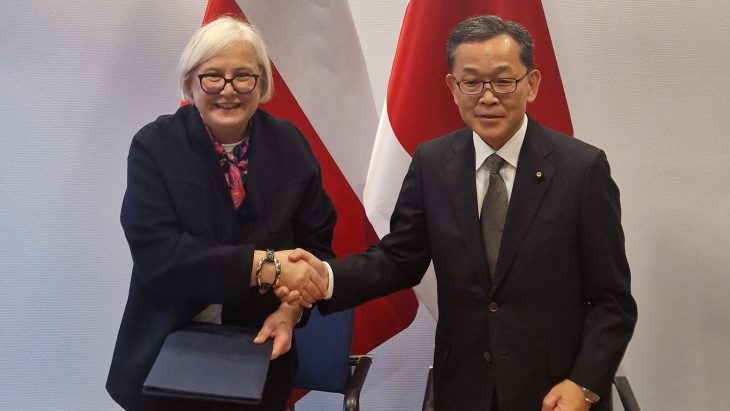Poland’s Ministry of Industry and Japan’s Ministry of Economy, Trade and Industry have signed a memorandum to promote Polish-Japanese cooperation in the nuclear sector. Meanwhile, the Polish and Dutch nuclear regulators have agreed to cooperate.
A memorandum of understanding on cooperation on nuclear energy was signed by Marzena Czarnecka, Poland’s Minister of Industry, and Shinji Takeuchi, Japan’s Deputy Minister of Economy, Trade and Industry in Warsaw on 7 November.
“The signed memorandum confirms the interest in bilateral cooperation between both countries for the development of nuclear energy as a technology that allows achieving the goals of energy transformation and has a positive impact on energy security,” the Polish ministry said. “The signed agreement also encourages cooperation at the level of economic entities and industrial technologies. Leading companies in the Japanese nuclear sector show interest in developing cooperation with European companies.”
It noted the agreement includes cooperation with the Japan Atomic Industrial Forum International Cooperation Centre (JICC), which operates under Japan’s Ministry of Economy, Trade and Industry (METI). JICC carries out activities supporting the development of competencies of countries implementing nuclear energy through the exchange of information, expert missions and the organisation of workshops, conferences and seminars in areas such as: human resources development, social communication, nuclear safety and preparation of the necessary infrastructure for nuclear projects.
“This cooperation allows Poland to build nuclear skills and competencies, which is crucial for the implementation of the Polish Nuclear Power Programme,” the Polish ministry said.
Polish, Dutch regulators to cooperate
On the same day, a cooperation agreement was signed between Poland’s National Atomic Energy Agency (PAA) and the Dutch Authority for Nuclear Safety and Radiation Protection (ANVS).
The agreement - signed by PAA President Andrzej Głowacki and ANVS Chairperson Annemiek van Bolhuis - opens up the possibility of exchanging information on best practices in the field of supervision of the use of nuclear energy for peaceful purposes between the regulators.
It assumes joint activities in the organisation of technical meetings, training and exchange of documentation necessary to prepare the nuclear regulator for activities related to the licensing process of new nuclear technologies.
“In Poland and the Netherlands, interest in the use of new nuclear technologies is growing, causing increased challenges for national institutions supervising their safe use,” PAA said.
Polish nuclear plans
Poland currently has large-scale plans to develop nuclear energy capacity. In September 2021, it was announced that six large pressurised water reactors with a combined installed capacity of 6-9 GWe could be built by 2040 as part of the country’s plan to reduce its reliance on coal. According to the adopted schedule, the construction of the first nuclear power plant will start in 2026, with the first reactor - with a capacity of 1.0-1.6 GWe - being commissioned in 2033. Subsequent units will be implemented every 2-3 years. The coastal towns of Lubiatowo and Kopalino in Poland’s Choczewo municipality in the province of Pomerania were named as the preferred location for the country’s first large nuclear power plant.
In November 2022, the Polish government announced the first plant, with a capacity of 3750 MWe, will be built in Pomerania using AP1000 technology from the US company Westinghouse. An agreement setting a plan for the delivery of the plant was signed in May last year by Westinghouse, Bechtel and Polskie Elektrownie Jądrowe.
In November last year, Poland’s Ministry of Climate and Environment issued a decision-in-principle for the country’s second large nuclear power plant. Two South Korean-supplied APR1400 reactors are planned in the Patnów-Konin region.
@Emil vaag



